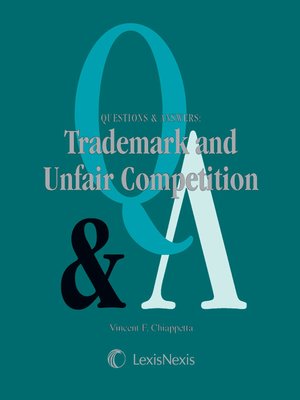What is a Trade Secret?
The Uniform Trade Secrets Act (UTSA) § 1(4) defines "trade secret" as:
[I]nformation, including a formula, pattern, compilation, program, device, method, technique, or process that:
- Derives independent economic value, actual or potential, from not being generally known to, and not being readily ascertainable by proper means by, other persons who can obtain economic value from its disclosure or use; and
- Is the subject of efforts that are reasonable under the circumstances to maintain its secrecy.
To date, 47 states and the District of Columbia have adopted the UTSA, a piece of legislation created by the Uniform Law Commission (ULC). Ohio's version is
There is also a federal definition of "trade secret," 18 U.S.C. § 1839(3), applicable to both the Economic Espionage Act (EEA) and the Defend Trade Secrets Act of 2016 (DTSA):
[T]he term “trade secret” means all forms and types of financial, business, scientific, technical, economic, or engineering information, including patterns, plans, compilations, program devices, formulas, designs, prototypes, methods, techniques, processes, procedures, programs, or codes, whether tangible or intangible, and whether or how stored, compiled, or memorialized physically, electronically, graphically, photographically, or in writing if—
- the owner thereof has taken reasonable measures to keep such information secret; and
- the information derives independent economic value, actual or potential, from not being generally known to, and not being readily ascertainable through proper means by, another person who can obtain economic value from the disclosure or use of the information.
Secondary Sources
-
The Law of Trade Secret Litigation under the Uniform Trade Secrets Act by
Call Number: KF3197.H87ISBN: 9781641056021Publication Date: 2021 -
-
-
-
Secondary Sources: Intellectual PropertyUnder Topic use the Narrow Topic search bar to narrow to only trade secret sources.
-
Legal Resource Index (LRI)A controlled-vocabulary index of legal literature with a focus that includes legal newspapers, bar journals, and other practice-oriented material. LRI coverage generally begins in 1980, with a later starting date for certain individual publications. Click the icon of the database you prefer to link to the Index.
-
EBSCO Legal CollectionCollection of about 250 law journals, including a mix of law-school based journals, peer-reviewed journals, bar journals, and other genres of legal literature.
-
EBSCO Academic Search CompleteA multi-disciplinary full-text database that indexes and abstracts over 10,000 publications, some law-related. Includes the full-text of over 5,400 periodicals, including more than 4,400 peer-reviewed journals.
-
Index to Legal Periodicals and Books (ILP)This is the premier index of legal periodicals, books, and sympoisa, with a primary focus on English language resources. Many articles are available in full-text. Some articles may be available via HeinOnline.


